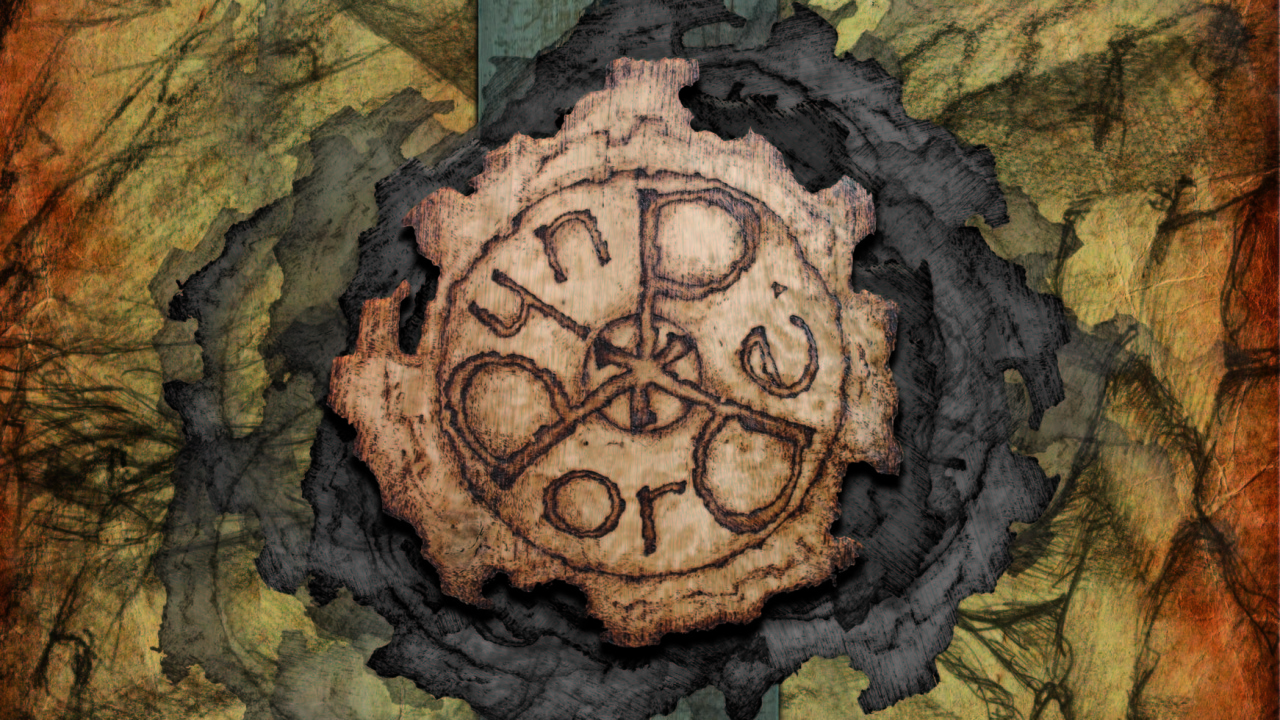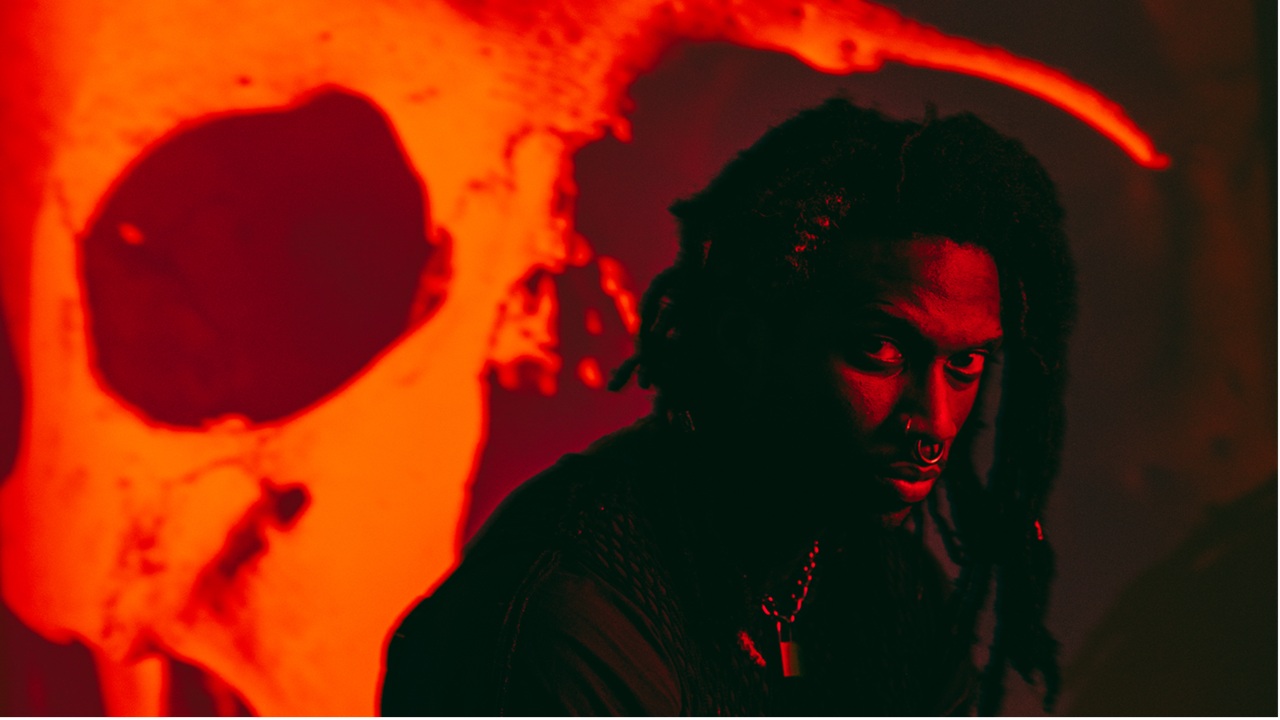You can trust Louder
When Hupogrammos and Sol’Faur quit Negura Bunget in 2009, many fans speculated that the end was inevitably nigh for the Romanian
Although the last Negura Bunget album, 2010’s sprawling Vîrstele Pamîntului, was an undeniably rich and otherworldly proposition, it doesn’t take long to realise that the departed duo have managed to come closer to equalling the startling brilliance of 2006’s widely revered OM album with this, their first full-length album under the Dordeduh banner.
As with their former band’s finest work, Dar De Duh takes its visceral cues from an obscure but recognisable strain of black metal, with lashings of clangourous six-string white noise and strident but dissonant riffing evoking vivid mental images of humanity being pummelled by some mystic, elemental force.
What really makes Dordeduh stand out, however, is the way they have harnessed the disorientating power of unnamed subterranean forces and expressed it via hypnotic mantras, tribal percussion, persistent drones and a perpetual sense that songs like elaborate 16-minute spectral travelogue Jind De Tronuri and the harrowing, fluid unease of Zuh are the end result of some unstoppable state of dimensional flux – cautionary missives belched up from some unknowable Lovecraftian abyss.
Shades of amorphous 70s experimental rock bands like Guru Guru and Ash Ra Tempel add an undercurrent of primitive abstraction to the more ambient moments like E-an-na and the closing Dojana, but the real magic erupts when steely physicality and somnambulant shimmer collide, as on epic centrepiece Calea Rotilor De Foc, which is thrillingly aggressive and profoundly haunting in equal measure.
Sign up below to get the latest from Metal Hammer, plus exclusive special offers, direct to your inbox!

Dom Lawson began his inauspicious career as a music journalist in 1999. He wrote for Kerrang! for seven years, before moving to Metal Hammer and Prog Magazine in 2007. His primary interests are heavy metal, progressive rock, coffee, snooker and despair. He is politically homeless and has an excellent beard.

